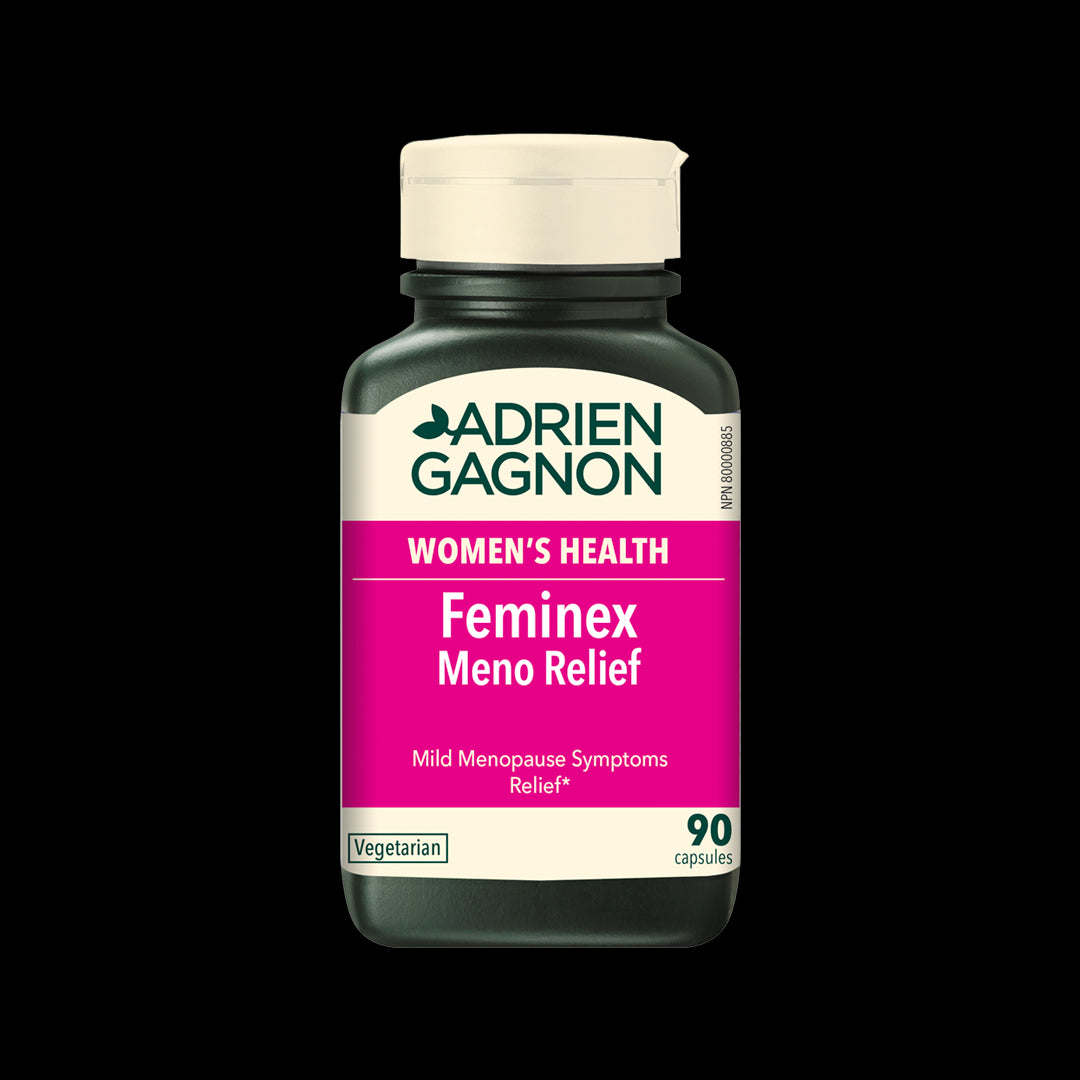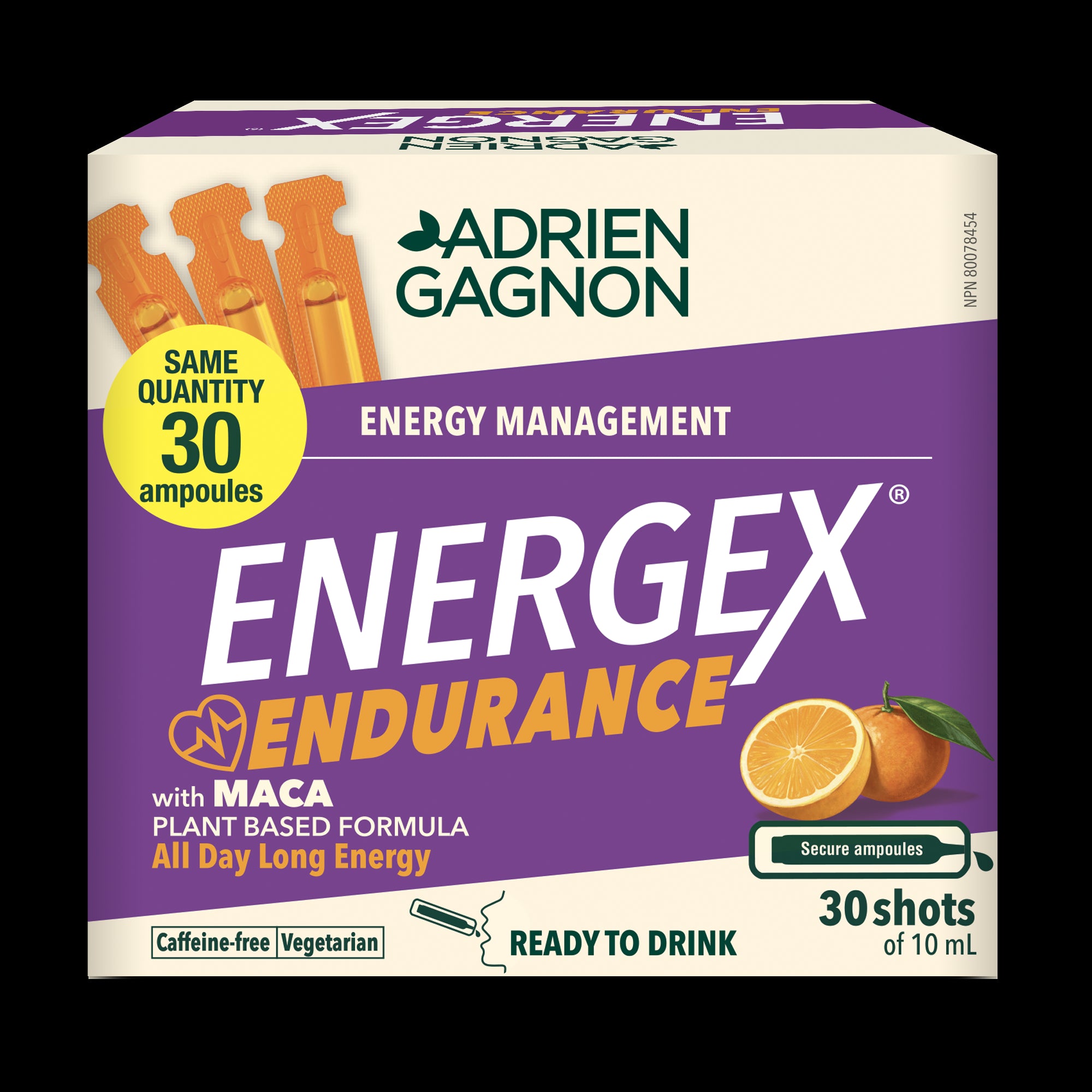When menopause is mentioned, most of us imagine a woman in her 50s uncomfortably fanning herself. With the rise of lifestyle medicine, women are not only seeking natural solutions to pass through this phase more smoothly, but they are setting the preventative foundations much earlier than the expected 50-year-old mark. People are starting to understand that it's a transition, not simply a switch that goes on in one day. Creating the right backbone starts in your late 30s to 40s. Let’s see how.
When Does Menopause Start?
The official medical definition of menopause is the time that starts 12 months after having no periods. Just as with puberty, menopause timing can vary due to genetics, lifestyle (1), health conditions (2) and cultures. In one of the largest studies done on menopause, the average menopausal age was 51 years old (1).
Before that happens, there are usually other hints that menopause is around the corner: periods starting to get irregular, night sweats, sleep disturbances and altered moods are the most common. (3) This phase has a name: perimenopause. The prefix perí comes from Ancient Greek meaning “about, around” so perimenopause is essentially the transition phase to menopause.
When Does Perimenopause Start?
Perimenopause can begin up to 10 years before menopause (4), but on average is around 4 to 5 years (1). Perimenopause is separated into two phases: early and late perimenopause. In early perimenopause, the fluctuations of estrogen and progesterone can make a woman feel both spectrum of symptoms. In the later stage, with the hormones slowly declining, the most noticeable sign is the decrease of periods frequency which also translates into longer cycles, that eventually disappears completely.
What to Watch For in Perimenopause
Because of the fluctuations in early perimenopause, periods can be sooner or later than expected, with longer or shorter cycles (4), and flow might be lighter or heavier than before (5).
Mood swings, depressive moods and anxiety tend to be more prevalent in later perimenopause. (3)
Sleep quality changes not only because of hormonal changes, but also because of advancing age. (3) Sleep is so fundamental that no surprise that when it is not great it can lead to fatigue and brain fog.
Lower estrogen causes many vaginal and urinary tract changes that explain vaginal dryness, vaginal infections, frequent urination and UTIs. (5)
Unexplained fatigue, joint pain, muscle aches, headaches, food cravings, changes in weight distribution and bone density changes are a few more symptoms women can experience.
Some of these signs often go unrecognized because many of them are so general.
What to Do in Perimenopause
The following lifestyle habits will surely be no surprise to anybody, but research once again shows how they are the most powerful allies in perimenopause, even more than supplements!
Multidisciplinary educational programmes demystifying misconceptions of menopause and spreading the awareness on psychosocial and physical changes of menopause have been shown to improving the menopausal experience in women. (6)
Regular exercise and healthy diets improve quality of life, body composition and health markers during perimenopause. (7)
Stress reduction and metal-emotional care, such as Cognitive Behavioral Therapy (CBT), mindfulness, relaxation practices have been shown to reduce hot flashes and night sweats while improving emotional state in menopausal women. (8)
Natural Support: Supplements That Can Help
- For hormonal balance: Phystoestrogenic compounds in plants are naturally sought out due to the fluctuations and gradual decrease of estrogen during perimenopause. Black cohosh and soy isoflavones are two sources containing phytoestrogens that are commonly used and studied to help with peri/menopausal symptoms. Our Meno Relief contains both ingredients.
- For mood & sleep: Ashwagandha have been used since ancient times to alleviate symptoms of stress and promote relaxation. L-theanine increases the brain waves associated with relaxation, and some studies even suggest a potential effect on concentration. This beautiful combination (Ashwagandha & L-theanine) could help perimenopausal women experiencing mood swings and brain fogs.
- For energy & libido: Ginseng is a traditional herb well-known for its energy boosting properties while maca is known for its adaptogenic and fertility effects. Our Energex Endurance includes both along with other ingredients to bring the best
- For bone and general health: Apart from ensuring the presence of these in your diet, they all exist in supplemental form for busier days that are a bit harder to keep up with the diet: vitamin D, calcium and omega-3.
No two perimenopause will be same, so interventions should follow this. Individualized therapy should be personalized and most importantly, consistent! Because perimenopause is a phase, perhaps your choice of medicine will evolve accordingly too.
Aging Well
Perimenopause is a natural evolution, not a decline. It is just like puberty, but in reverse. With education and the right tools, women can own this transition — not fear it. It is a pause in meno, but a new chapter to the rest of life.
References
- McKinlay SM, Brambilla DJ, Posner JG. The normal menopause transition. Maturitas. 1992 Jan;14(2):103–15.
- Cramer DW, Xu H. Predicting age at menopause. Maturitas. 1996 Apr;23(3):319–26.
- Santoro N. Perimenopause: From Research to Practice. Journal of Women’s Health. 2016 Apr;25(4):332–9.
- Harlow SD, Gass M, Hall JE, Lobo R, Maki P, Rebar RW, et al. Executive summary of the Stages of Reproductive Aging Workshop + 10: addressing the unfinished agenda of staging reproductive aging. J Clin Endocrinol Metab. 2012 Apr;97(4):1159–68.
- The Menopause Years [Internet]. [cited 2025 Jul 15]. Available from: https://www.acog.org/womens-health/faqs/the-menopause-years
- Li Y, He H, Wang J, Chen Y, Wang C, Li X, et al. Effect of multidisciplinary health education based on lifestyle medicine on menopausal syndrome and lifestyle behaviors of menopausal women: A clinical controlled study. Front Public Health. 2023 Mar 16;11:1119352.
- Yeganeh L, Vermeulen N, Ee C, Teede H, Vincent AJ. Lifestyle Management in Menopause: A Systematic Review of Women With Premature Ovarian Insufficiency. Clinical Endocrinology [Internet]. [cited 2025 Jul 15];n/a(n/a). Available from: https://onlinelibrary.wiley.com/doi/abs/10.1111/cen.15218
- Aninye IO, Laitner MH, Chinnappan S. Menopause preparedness: perspectives for patient, provider, and policymaker consideration. Menopause. 2021 Oct;28(10):1186.



